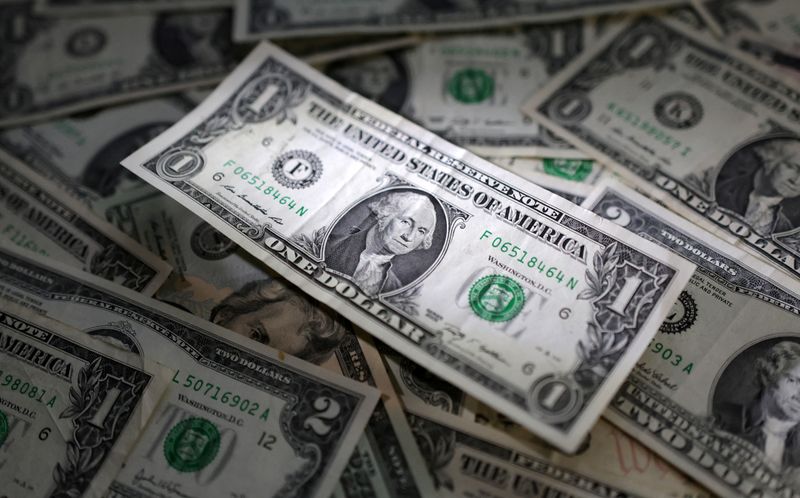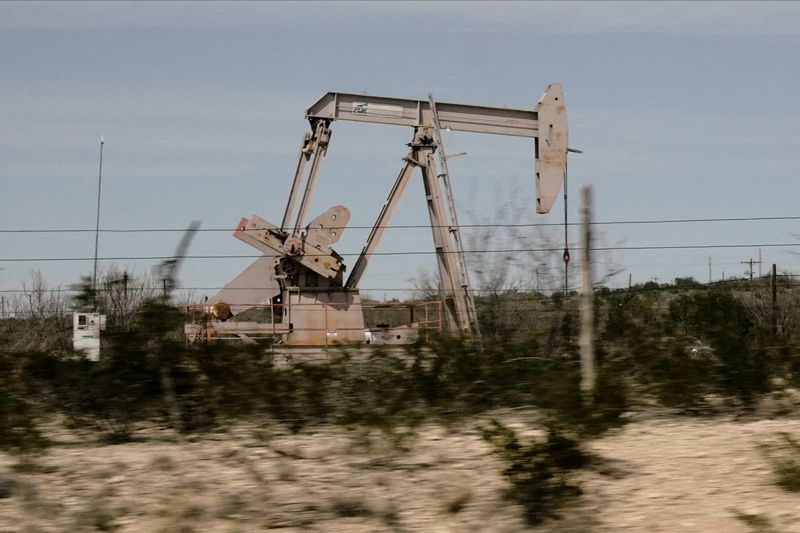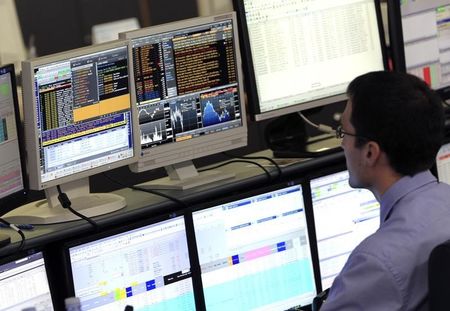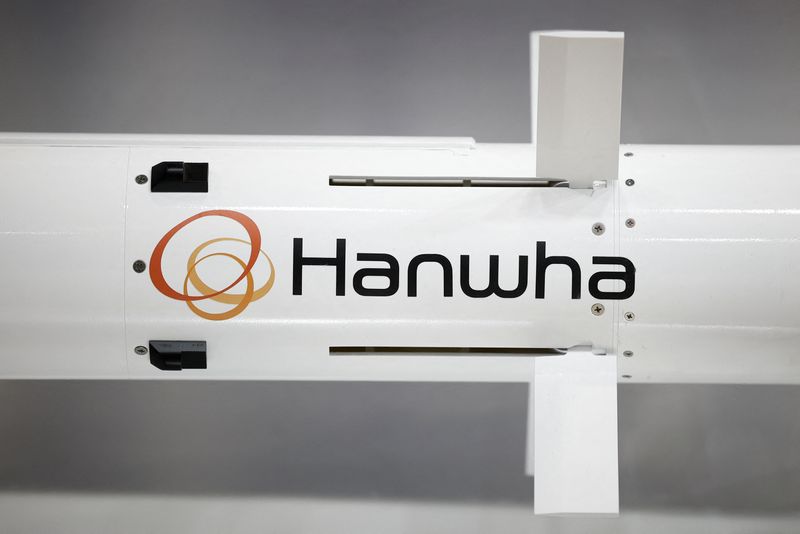What's at Stake in Albanese-Trump Meeting
NeutralFinancial Markets

Australian Prime Minister Anthony Albanese is gearing up for a significant meeting with President Trump next week, a discussion that has been delayed for months. This meeting comes at a crucial time as tensions rise over the AUKUS defense pact and Australia's efforts to counter China's influence in critical minerals. Sam Roggeveen from the Lowy Institute provides insights into the implications of this high-profile encounter, highlighting its importance for both nations and the broader geopolitical landscape.
— Curated by the World Pulse Now AI Editorial System












